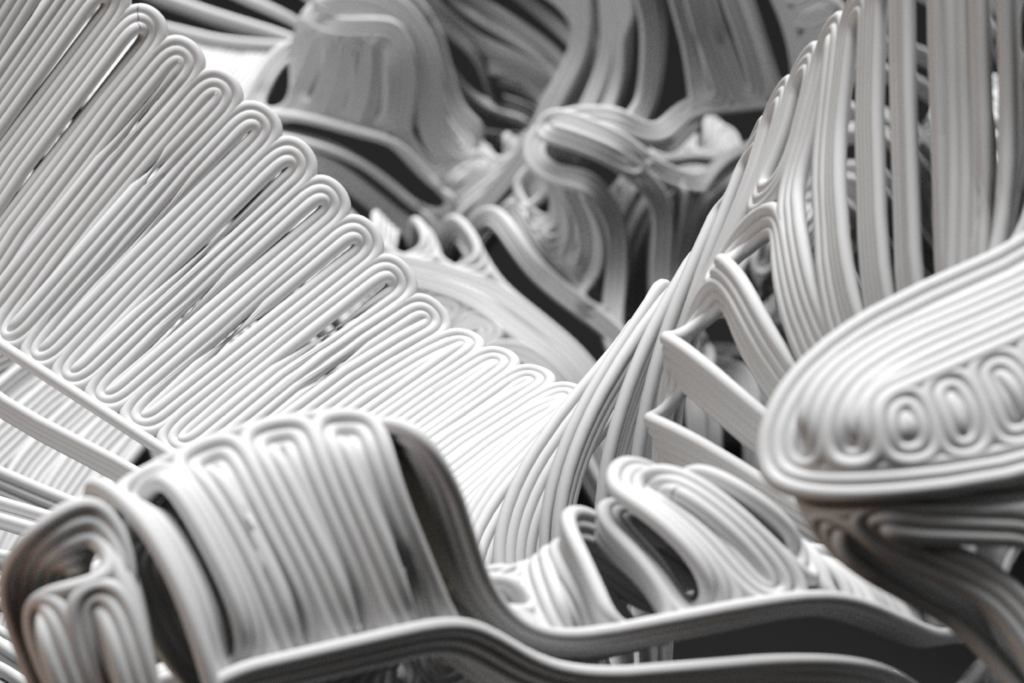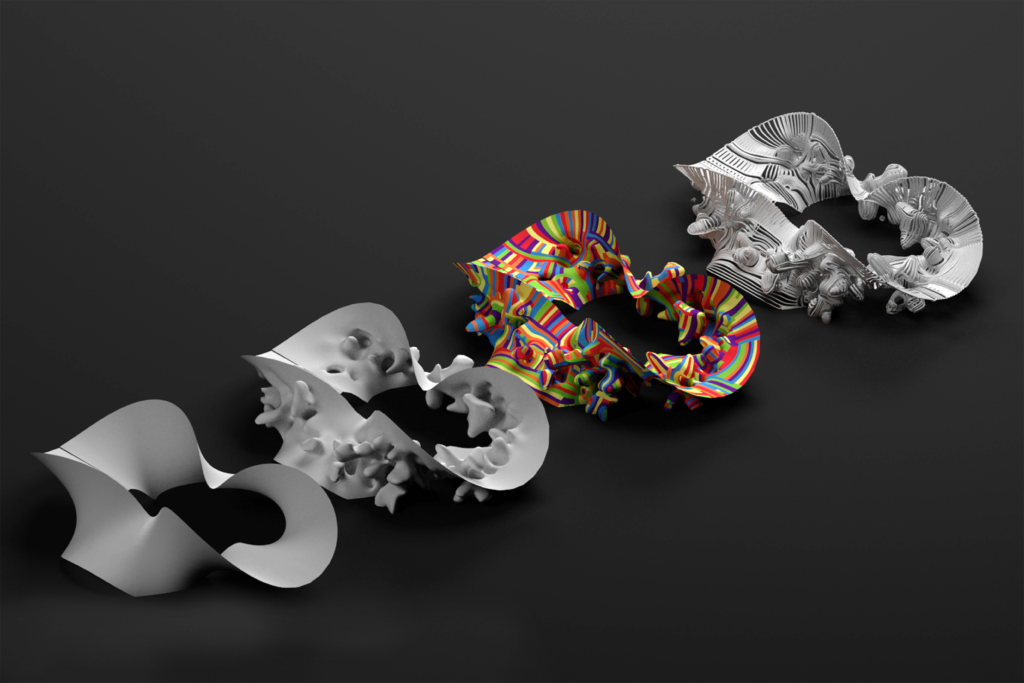Fictional Structures
Instructors: Hesham Shawqy / James McBennett
Dates: 24 July – 26 July / 12:00 – 16:00 EST
Themes: Bio Digital / Design / Parametric
Software: Basic knowledge of Rhino and Grasshopper
Number of Students: 30
Workshop registration open until filled


Description:
“Fictional Structures” is an immersive computational design workshop that delves into the creative potential of digital morphologies using Rhinoceros3d, Grasshopper3d, HoudiniFX, and Unreal Engine. Through a series of hands-on sessions, participants will learn diverse methodologies for crafting intricate virtual structures, leveraging the power of computation and parametric design.
The workshop curriculum is designed to foster an environment of experimentation, allowing participants to explore the capabilities of generative and behavioural systems. Beginning with generative simulations in Houdini, participants will learn how to generate complex geometric forms. These forms will then be imported into Rhino for further detailing and refinement, utilizing Grasshopper3d for parametric modelling and simulations.
The final phase of the workshop will take participants into the realm of virtual experiences with Unreal Engine. Here, they will learn how to translate their designed structures into immersive virtual environments, gaining insights into the intersection between computational design and virtual reality.
Throughout the workshop, participants will be encouraged to explore the interoperability between Rhino, Houdini, and Unreal, understanding how each software contributes to the iterative design process. By the end of the workshop, participants will have gained valuable skills in computational design and virtual experience creation, empowering them to bring their imaginative visions to life in the digital realm.

Detail Schedule :
July 24: 3 hours
- Opening Lecture
- Introduction to Houdini
- Interoperability between Grasshopper and Houdini
July 25: 3 hours
- Geometry Attributes
- Particle Systems
- Volumetric Aggregations
- Growth Simulations
July 26: 3 hours
- Tessellation
- Unrolling Techniques
- Mesh Stripping
- Drawings Automation
July 29: 3 hours
Final Presentations

Hesham Shawky :
Hesham Shawqy is a computational designer, trained as an architect with a primary focus on computational design, artificial intelligence, and web development. Currently, he holds the position of Computational Design Specialist at Grimshaw, London. Hesham’s expertise extends to academia, where he leads the Complex Forming seminar as part of the MACAD program at IAAC (Institute for Advanced Architecture of Catalonia).
In addition to his role at IAAC, he has contributed as a Research Assistant, specializing in the deployment of machine learning models. He earned his Master’s degree in Advanced Computation for Architecture and design in 2021, equipping him with a strong foundation in cutting-edge architectural technologies. His research interests are notably centered on digitizing handcrafts through the application of machine learning and robotic fabrication.

James McBennett :
James McBennett is a freelance computational designer from Dublin currently living in Texas. He recently taught courses within the Master’s program for Advanced Computation in Architecture and Design at the Institute of Advanced Architecture Catalonia (IAAC), where he also completed his studies in 2022/23. His thesis, co-authored with Ren Rainville and guided by David Andrés León, focused on Web Graph machine learning. James has gained experience at esteemed firms such as Kohn Pedersen Fox in London, Julien De Smedt Architects in Copenhagen, and Office for Metropolitan Architecture in Rotterdam. Additionally, he has served as a guest critic at the University of Westminster, Oxford Brookes University, and the Architectural Association, and has conducted workshops at University College Dublin, University of Calgary, various maker spaces, and for the popular engineering blog, Hackaday.
